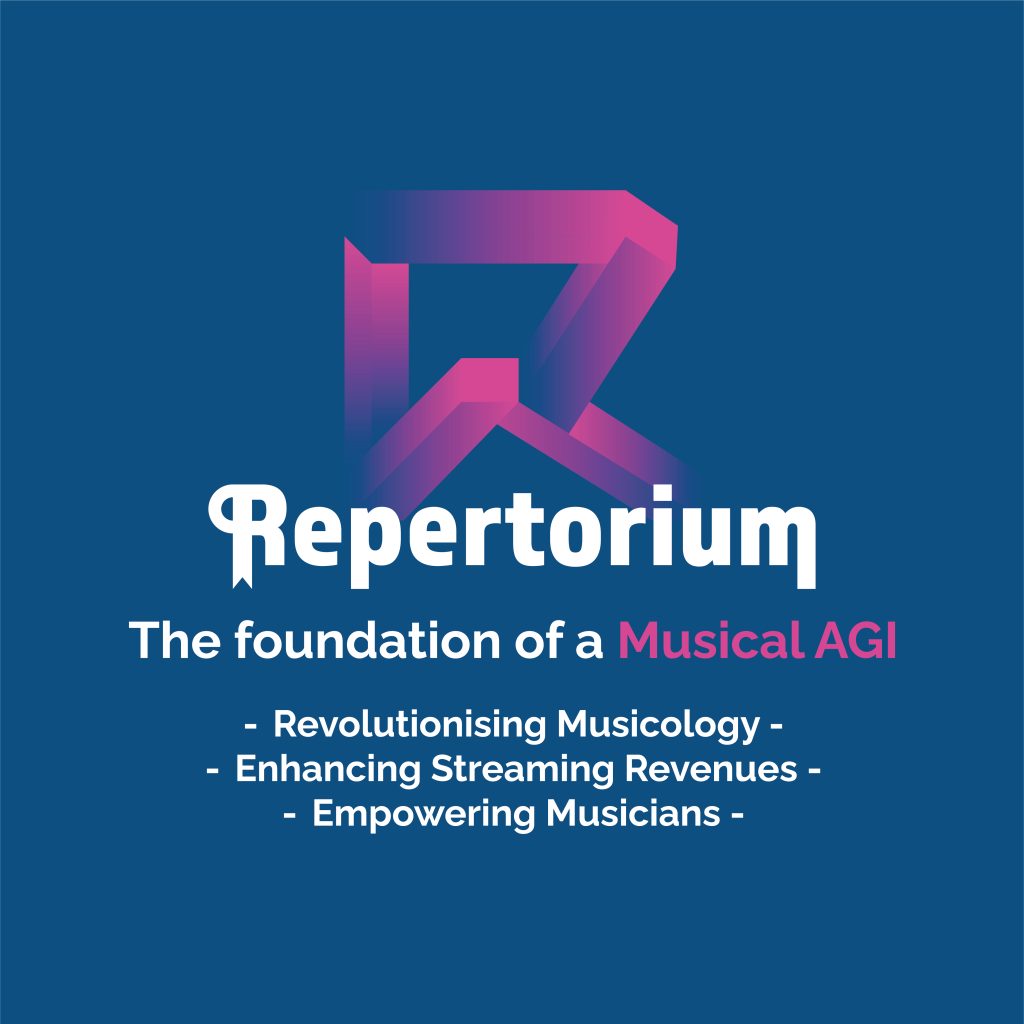During last week’s panel discussion at Classical:Next 2024, experts explored the transformative potential of artificial intelligence (AI) in the music sector. Sara Arnsteiner-Simonischek from Konzerthaus Berlin, Fabio Antonacci from Politecnico di Milano (POLIMI), and John Anderson from ODRATEK discussed AI’s benefits and opportunities, focusing on the Repertorium project.
Key Areas of AI Application:
-Music Preservation: AI technologies like Optical Music Recognition (OMR) and Music Information Retrieval (MIR) can automatically index medieval manuscripts and handwritten opera scores. This ensures the preservation and accessibility of musical heritage for future generations.
-Music Dissemination: AI’s capabilities in Sound Source Separation and Sound Field Reconstruction promise fully immersive audio experiences with six degrees of freedom. This innovation brings the concert hall experience into the home, making live music more accessible.
-Impact on the Music Community: The panel highlighted AI’s potential benefits for publishers, musicians, orchestras, and concert halls. For example, AI could create “music minus one” tracks for practice or provide a real concert atmosphere for those unable to attend live performances.
The Repertorium project exemplifies AI’s ability to revolutionize the music industry, ensuring that both historical and contemporary music can be preserved and experienced in new, immersive ways.











